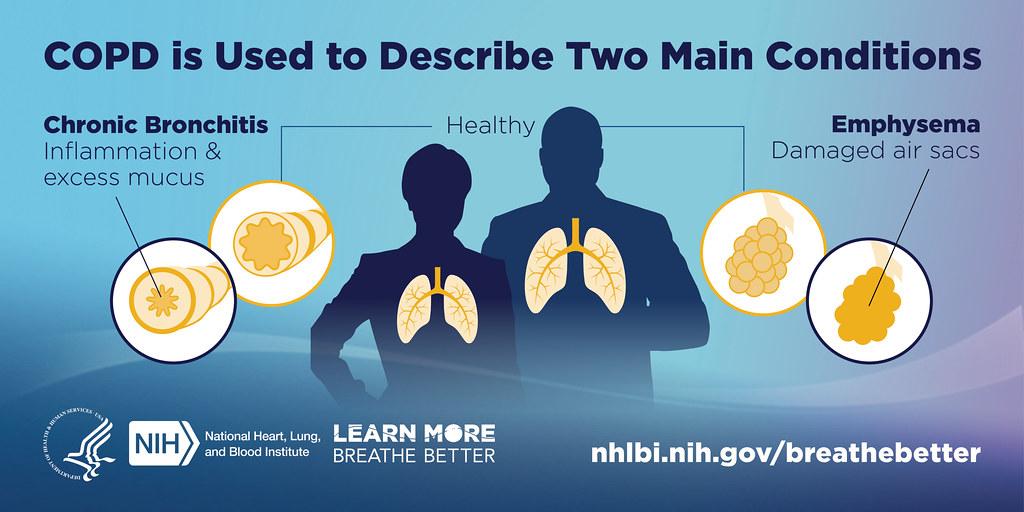What are the common symptoms of high blood sugar?
Understanding High Blood Sugar: Causes, Symptoms, and Management
High blood sugar, or hyperglycemia, is a condition that affects millions of individuals worldwide. It can lead to serious health complications if left unaddressed. In this article, we will explore the causes, symptoms, management strategies, and practical tips for maintaining healthy blood sugar levels.
What is High Blood Sugar?
High blood sugar occurs when there is an excessive amount of glucose in the bloodstream. Normally, the hormone insulin helps regulate blood sugar levels by facilitating the absorption of glucose into the cells. However, factors such as insulin resistance or inadequate insulin production can lead to elevated glucose levels.
Causes of High Blood Sugar
Understanding the root causes of high blood sugar is crucial for effective management. Here are some common causes:
- Diabetes Mellitus: The most common cause, whether Type 1 or Type 2.
- Insulin Resistance: Frequently seen in Type 2 diabetes.
- Hormonal Changes: Stress hormones like cortisol can raise blood sugar levels.
- Medications: Certain medications, including corticosteroids, can elevate blood sugar.
- Unhealthy Diet: High intake of sugars and carbohydrates can spike blood glucose levels.
- Lack of Physical Activity: Sedentary lifestyles contribute to insulin resistance.
Symptoms of High Blood Sugar
Identifying the symptoms of high blood sugar can help individuals seek timely medical advice. Common symptoms include:
- Frequent urination
- Increased thirst
- Blurred vision
- Fatigue
- Headaches
- Slow-healing sores or infections
How High Blood Sugar Affects Your Health
Chronic high blood sugar can lead to severe health complications, including:
- Cardiovascular disease
- Kidney damage
- Nerve damage (neuropathy)
- Vision problems (retinopathy)
- Dental issues
Management Strategies for High Blood Sugar
Managing high blood sugar is essential for overall health. Here are effective strategies to keep your blood glucose levels in check:
1. Healthy Eating
Nutrition plays a pivotal role in managing blood sugar levels. Consider the following tips:
- Opt for whole grains over refined carbohydrates.
- Incorporate high-fiber foods like vegetables and legumes.
- Limit sugary and processed foods.
2. Regular Exercise
Physical activity helps improve insulin sensitivity and lowers blood sugar levels. Aim for:
- At least 150 minutes of moderate exercise per week.
- Incorporate strength training exercises twice a week.
3. Monitoring Blood Sugar Levels
Regular monitoring helps you understand how your diet and activity affect your blood sugar. Use a glucose meter to track levels as advised by your healthcare provider.
4. Medication Management
If lifestyle changes are insufficient, medications such as insulin or oral hypoglycemics may be necessary. Consult with your healthcare provider for an appropriate treatment plan.
Benefits of Managing High Blood Sugar
Effective management of high blood sugar offers several benefits:
- Reduced risk of complications
- Improved energy levels
- Better mood and cognitive function
- Enhanced overall health and well-being
Practical Tips for Maintaining Healthy Blood Sugar Levels
Here are some practical tips to help you keep your blood sugar in check:
- Stay hydrated by drinking plenty of water.
- Plan meals ahead to avoid unhealthy food choices.
- Practice stress management techniques such as yoga or meditation.
- Get sufficient sleep to support metabolic health.
Case Studies
Here are two brief case studies illustrating successful management of high blood sugar:
| Case Study | Initial Blood Sugar Level | Management Strategy | Result |
|---|---|---|---|
| John, 52 | 250 mg/dL | Dietary Changes, Increased Activity | Reduced to 150 mg/dL in 3 months |
| Sarah, 30 | 300 mg/dL | Medication, Regular Monitoring | Stabilized at 120 mg/dL in 6 weeks |
First-Hand Experience
Many individuals living with high blood sugar have shared their experiences:
“After being diagnosed with Type 2 diabetes, I felt overwhelmed. But with the right guidance and a commitment to change, I managed to lower my blood sugar significantly. It’s about finding what works for you!” – Emma, 45
Conclusion
High blood sugar is a manageable condition with the right knowledge and lifestyle choices. By understanding the causes, symptoms, and management strategies, individuals can significantly improve their health and quality of life. Regular monitoring, balanced nutrition, and physical activity are key components in maintaining healthy blood sugar levels. If you or someone you know is struggling with high blood sugar, consider seeking professional guidance for personalized support.
